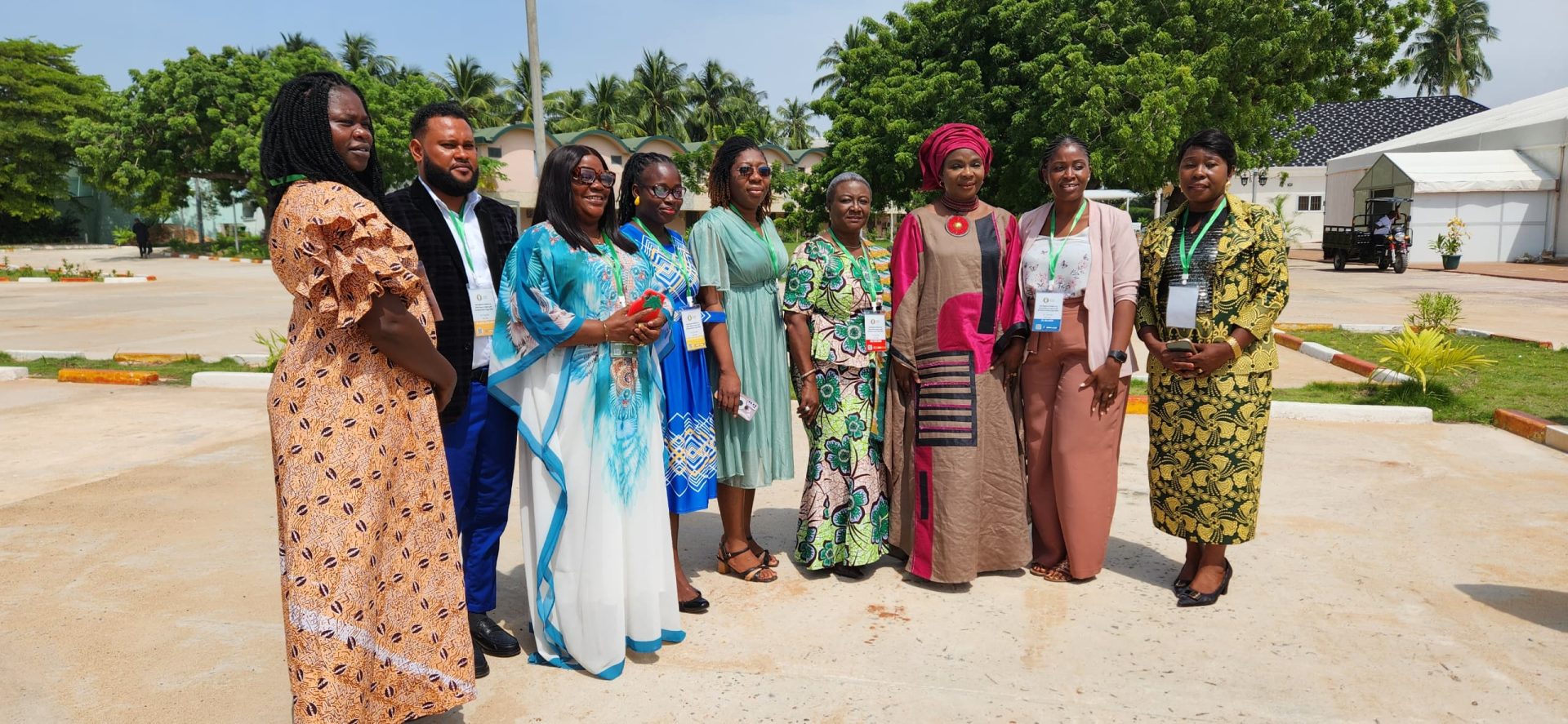The ECOWAS Gender Development Center (EGDC) organized a three-day regional training workshop in Lomé, Togo, from June 19 to 21, 2024, on the Prevention and Response to Gender-Based Violence (GBV) for health sector stakeholders. The workshop was organized in partnership with USAID and the Ford Foundation.
The workshop was officially opened by Professor Fatou Sow Sarr, Commissioner for Human Development and Social Affairs of the ECOWAS Commission. In her opening speech, she expressed her gratitude to the government of the Togolese Republic for hosting the workshop and for the excellent conditions put in place for its holding. She also expressed her gratitude to the Ford Foundation and USAID for their financial support, and to ARAA for its support in organizing the workshop.
Professor Fatou Sow Sarr noted that “gender-based violence is rooted in gender stereotypes and patriarchal structures. This violence is not an isolated act; it reflects a system of domination and control. This balance of power, rooted in archaic social norms, perpetuates inequality and encourages violence. It is therefore essential to deconstruct gender stereotypes and promote a culture of respect and equality. This is why the role of healthcare professionals is essential in the early recognition, appropriate treatment and support of survivors of this violence”.
In his welcome address, the ECOWAS Permanent Representative in Togo, Ambassador Barros Bacar BANJAI, welcomed the participants and expressed his sincere thanks to EGDC for choosing Lomé to host this important regional training workshop, whose theme, he said, was in line with Pillar 5 of ECOWAS Vision 2050 on Social Inclusion.
Goodwill messages were read out by the ECOWAS National Office in Togo and the Ford Foundation.
The workshop aims to enable health professionals to understand the concepts, causes, effects and consequences of gender-based violence, as well as the different stages of holistic medical and psychosocial care for survivors of GBV, from admission, through the provision of health services, to the closure of medical records and the socio-economic, educational or professional reintegration of survivors.

